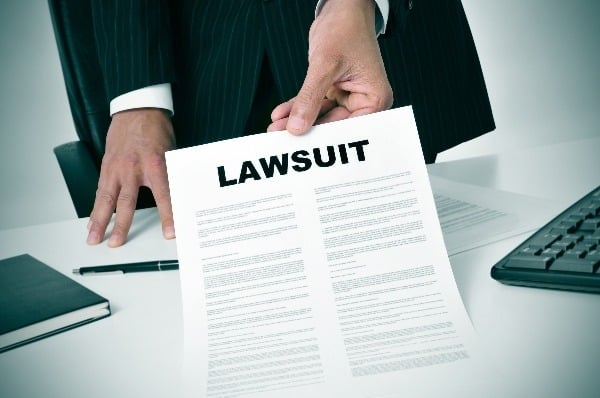Did Defendant Act Reasonably In A Baltimore Personal Injury Case?

The majority of personal injury cases brought in the state of Maryland are premised on notions of negligence. Did Defendant Act Reasonably In A Baltimore Personal Injury Case? It’s the plaintiff obligation to show they did not. Negligence can be seen as a close relative of carelessness, heedlessness, irresponsibility or unreasonableness. Maryland law defines negligence as doing something that a reasonable person in a given set of circumstances would not do, or failing to do something that are reasonable person in a given set of circumstances would do.
The ultimate arbiter of whether or not an individual was negligent in a Maryland personal injury case is a jury of one’s peers.
However, there are many other individuals who have an opportunity to weigh in on whether or not an individual engaged in an act of carelessness, or behaved unreasonably, or acted in a negligent fashion, leading to personal injury, well in advance of a claim making it to trial. As Attorney Eric T. Kirk will tell you. A police officer, in the course of his or her duties and investigation of a traffic accident, may well make an assessment that an individual acted negligently, violated a rule of the road, or otherwise caused an traffic accident.

The at-fault individual might be issued a citation, or a series of citations, for traffic infractions. Indeed, an officer might, in a police report give an opinion that the person was distracted, or not paying full-time or attention. Who is the arbiter of Defendant acting reasonably in a Baltimore Personal Injury case? A personal injury attorney may review the facts of loss, and develop an opinion or theory as to why an individual causing harm was negligent. This analysis will form the basis of a subsequent legal claim wherein damages are sought for the injured person. Conversely, that review of pertinent facts and information might also lead to a conclusion that an allegedly at-fault person did, in fact, not commit an act of negligence and that there is no case.
An insurance company claims adjuster should also develop an opinion as to whether or not their company’s insured person acted negligently, or acted in such a manner is to cause an accident.

Not surprisingly, skilled claims adjusters often maintain a position that their insured did not act negligently and therefore the claim is denied. Savvy claims adjusters also routinely maintain a position that a plaintiff injured in an accident was himself or herself negligent, and either caused or contributed to the accident. Under Maryland, law this is an allegation of contributory negligence, and has significant consequences. Certainly, an allegation of contributory negligence will be seen by an insurance company as sufficient reason to deny a claim, and it is a frequently used tool in the insurance industry arsenal. If that suggestion or position of contributory negligence is ultimately ratified or adopted by jury or Court, the plaintiff will be denied any recovery whatsoever. Under Maryland law, a judicial finding, as opposed to an insurance company assertion, of contributory negligence is a complete bar to any recovery.



